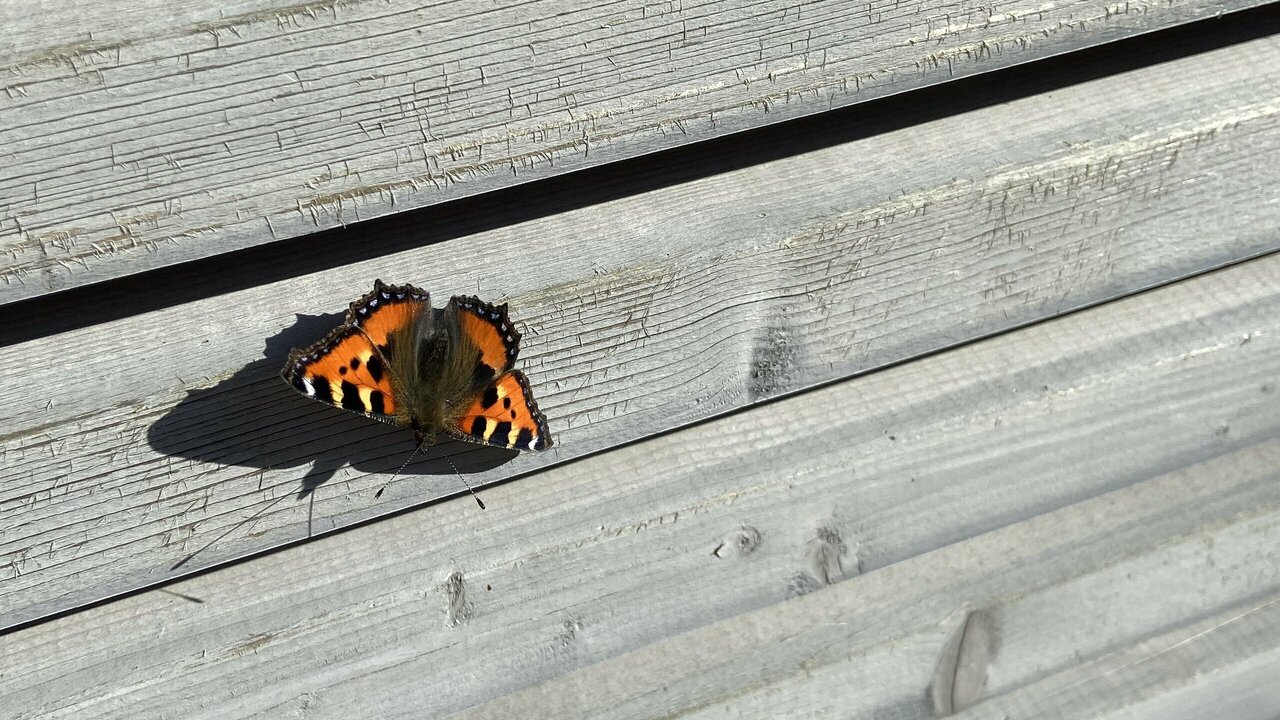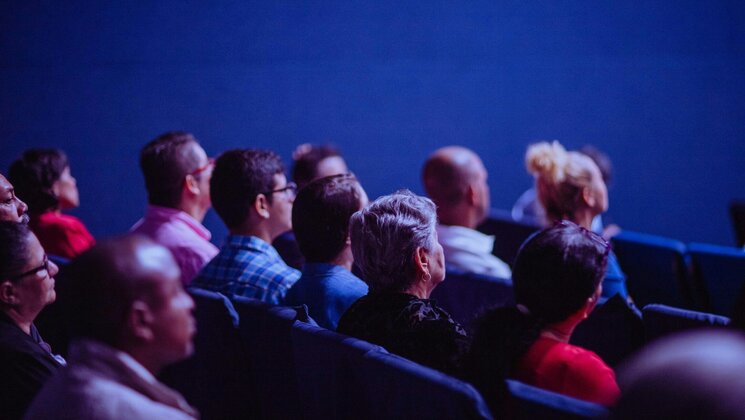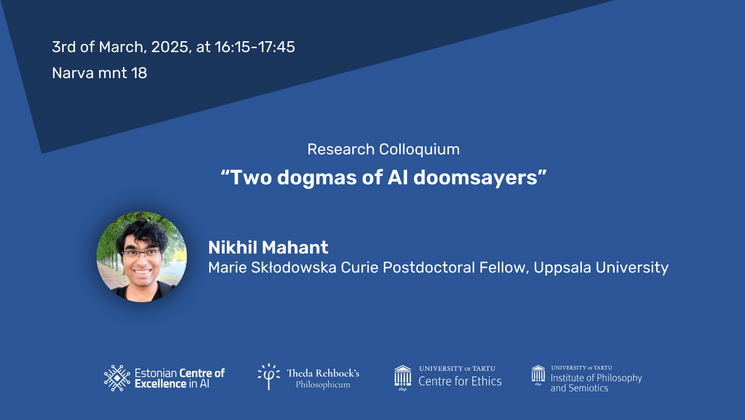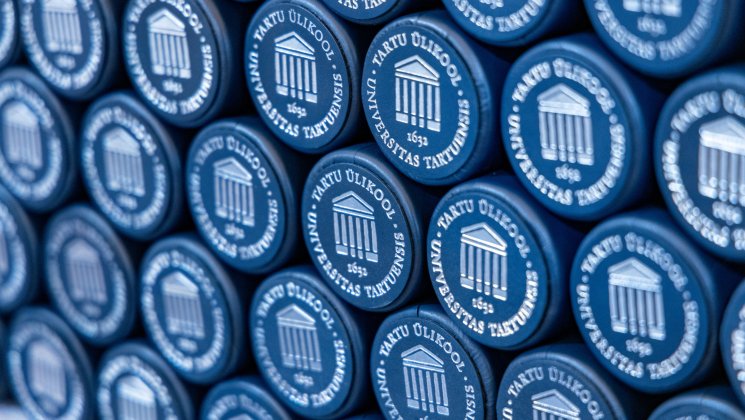-
Faculty of Arts and HumanitiesDean's Office, Faculty of Arts and HumanitiesJakobi 2, r 116-121 51005 Tartu linn, Tartu linn, Tartumaa EST0Institute of History and ArchaeologyJakobi 2 51005 Tartu linn, Tartu linn, Tartumaa EST0Institute of Estonian and General LinguisticsJakobi 2, IV korrus 51005 Tartu linn, Tartu linn, Tartumaa EST0Institute of Philosophy and SemioticsJakobi 2, III korrus, ruumid 302-337 51005 Tartu linn, Tartu linn, Tartumaa EST0Institute of Cultural ResearchÜlikooli 16 51003 Tartu linn, Tartu linn, Tartumaa EST0Institute of Foreign Languages and CulturesLossi 3 51003 Tartu linn, Tartu linn, Tartumaa EST0School of Theology and Religious StudiesÜlikooli 18 50090 Tartu linn, Tartu linn, Tartumaa EST0Viljandi Culture AcademyPosti 1 71004 Viljandi linn, Viljandimaa EST0Professors emeriti, Faculty of Arts and Humanities0Associate Professors emeriti, Faculty of Arts and Humanities0Faculty of Social SciencesDean's Office, Faculty of Social SciencesLossi 36 51003 Tartu linn, Tartu linn, Tartumaa EST0Institute of EducationJakobi 5 51005 Tartu linn, Tartu linn, Tartumaa EST0Johan Skytte Institute of Political StudiesLossi 36, ruum 301 51003 Tartu linn, Tartu linn, Tartumaa EST0School of Economics and Business AdministrationNarva mnt 18 51009 Tartu linn, Tartu linn, Tartumaa EST0Institute of PsychologyNäituse 2 50409 Tartu linn, Tartu linn, Tartumaa EST0School of LawNäituse 20 - 324 50409 Tartu linn, Tartu linn, Tartumaa EST0Institute of Social StudiesLossi 36 51003 Tartu linn, Tartu linn, Tartumaa EST0Narva CollegeRaekoja plats 2 20307 Narva linn, Ida-Virumaa EST0Pärnu CollegeRingi 35 80012 Pärnu linn, Pärnu linn, Pärnumaa EST0Professors emeriti, Faculty of Social Sciences0Associate Professors emeriti, Faculty of Social Sciences0Faculty of MedicineDean's Office, Faculty of MedicineRavila 19 50411 Tartu linn, Tartu linn, Tartumaa ESTInstitute of Biomedicine and Translational MedicineBiomeedikum, Ravila 19 50411 Tartu linn, Tartu linn, Tartumaa ESTInstitute of PharmacyNooruse 1 50411 Tartu linn, Tartu linn, Tartumaa ESTInstitute of DentistryL. Puusepa 1a 50406 Tartu linn, Tartu linn, Tartumaa ESTInstitute of Clinical MedicineL. Puusepa 8 50406 Tartu linn, Tartu linn, Tartumaa ESTInstitute of Family Medicine and Public HealthRavila 19 50411 Tartu linn, Tartu linn, Tartumaa ESTInstitute of Sport Sciences and PhysiotherapyUjula 4 51008 Tartu linn, Tartu linn, Tartumaa ESTProfessors emeriti, Faculty of Medicine0Associate Professors emeriti, Faculty of Medicine0Faculty of Science and TechnologyDean's Office, Faculty of Science and TechnologyVanemuise 46 - 208 51003 Tartu linn, Tartu linn, Tartumaa ESTInstitute of Computer ScienceNarva mnt 18 51009 Tartu linn, Tartu linn, Tartumaa ESTInstitute of GenomicsRiia 23b/2 51010 Tartu linn, Tartu linn, Tartumaa ESTEstonian Marine Institute0Institute of PhysicsInstitute of ChemistryRavila 14a 50411 Tartu linn, Tartu linn, Tartumaa EST0Institute of Mathematics and StatisticsNarva mnt 18 51009 Tartu linn, Tartu linn, Tartumaa EST0Institute of Molecular and Cell BiologyRiia 23, 23b - 134 51010 Tartu linn, Tartu linn, Tartumaa ESTTartu ObservatoryObservatooriumi 1 61602 Tõravere alevik, Nõo vald, Tartumaa EST0Institute of TechnologyNooruse 1 50411 Tartu linn, Tartu linn, Tartumaa ESTInstitute of Ecology and Earth SciencesJ. Liivi tn 2 50409 Tartu linn, Tartu linn, Tartumaa ESTProfessors emeriti, Faculty of Science and Technology0Associate Professors emeriti, Faculty of Science and Technology0Institute of BioengineeringArea of Academic SecretaryHuman Resources OfficeUppsala 6, Lossi 36 51003 Tartu linn, Tartu linn, Tartumaa EST0Area of Head of FinanceFinance Office0Area of Director of AdministrationInformation Technology Office0Administrative OfficeÜlikooli 17 (III korrus) 51005 Tartu linn, Tartu linn, Tartumaa EST0Estates Office0Marketing and Communication OfficeÜlikooli 18, ruumid 102, 104, 209, 210 50090 Tartu linn, Tartu linn, Tartumaa EST0Area of Vice Rector for ResearchUniversity of Tartu LibraryW. Struve 1 50091 Tartu linn, Tartu linn, Tartumaa EST0Grant OfficeArea of Vice Rector for DevelopmentCentre for Entrepreneurship and InnovationNarva mnt 18 51009 Tartu linn, Tartu linn, Tartumaa EST0University of Tartu Natural History Museum and Botanical GardenVanemuise 46 51003 Tartu linn, Tartu linn, Tartumaa EST0International Cooperation and Protocol Office0University of Tartu MuseumLossi 25 51003 Tartu linn, Tartu linn, Tartumaa EST0Area of RectorRector's Strategy OfficeInternal Audit OfficeArea of Vice Rector for Academic AffairsOffice of Academic Affairs0University of Tartu Youth AcademyUppsala 10 51003 Tartu linn, Tartu linn, Tartumaa EST0Student Union OfficeÜlikooli 18b 51005 Tartu linn, Tartu linn, Tartumaa EST0Centre for Learning and Teaching
Conference “Contemporary Umwelt Analysis: Applications for Culture and Ecological Relations”

18-19 April 2023, University of Tartu, Estonia
Registration for the conference is open until April 7th through the following website.
There is no participation fee, but spots are limited and registration will close once they are filled.
Call for Papers
Umwelt analysis, initially proposed by Jakob von Uexküll, revolutionised studies on animal behaviour and perception by targeting them as semiotic phenomena, that is, as based on meanings and signs. In the Institute of Umwelt Research in Hamburg, of which Uexküll was the director, umwelt theory served as a shared theoretical ground for research on topics as diverse as the umwelten of fighting fish to the training methods of guide dogs. In the 21st century, the scope of umwelt theory has vastly expanded, both in terms of disciplines – ranging from anthropology to ecology – and the phenomena that are addressed with the help of the theory. Novel theoretical connections and disciplinary embeddings, as well as new changes in the lifeworld itself, bring along new challenges and questions: how to fit umwelt theory with existing methodologies and theoretical backgrounds of various other disciplines, how to make it a working analytical tool in the context of human-induced environmental change, and what are the methodologies that have been developed since the times of Uexküll that would help to conduct empirical analyses of animal umwelten today.
To scrutinise these questions, the Department of Semiotics at the University of Tartu will organise a conference Contemporary Umwelt Analysis: Applications for Culture and Ecological Relations on 18 – 19 April 2023. We will especially look for contributions on the following topics:
- umwelt analysis across disciplines (ecology, anthropology, literary studies, economics, etc.);
- umwelt analysis in different applications, methods, and fieldwork;
- human and animal umwelten in the era of anthropogenic environmental change;
- contemporary developments in umwelt thinking.
Keynote speakers:
- Carsten Herrmann-Pillath, University of Erfurt, Germany
- Morten Tønnessen, University of Stavanger, Norway
- Kalevi Kull, University of Tartu, Estonia
- Martin Avila, Konstfack, Sweden
Interested parties are welcome to submit their abstracts of max. 300 words by 31 January 2023 to riin.magnus@ut.ee for a 15-20 min. presentation. Notification of acceptance will be given by 27 February 2023. Abstracts should be sent as Word .doc or .docx files, with the e-mail subject line “Umwelt analysis”. Each abstract should contain:
- the title of the paper;
- the name of the author(s) (surname, given name);
- affiliation and country of residence;
- email address;
- an abstract of max. 300 words;
- a short bionote of max. 50 words.
Organised by the Department of Semiotics, University of Tartu: Kalevi Kull, Riin Magnus, Timo Maran, Nelly Mäekivi, Lona Päll, Silver Rattasepp, Siiri Tarrikas.
The conference is funded by the European Union (Horizon Europe project 101084220: “Coevolutionary approach to unlock the transformative potential of nature-based solutions for more inclusive and resilient communities”) and by the Estonian Research Council (project PRG1504: “Meanings of endangered species in culture: ecology, semiotic modelling and reception”).
Read more similar news





